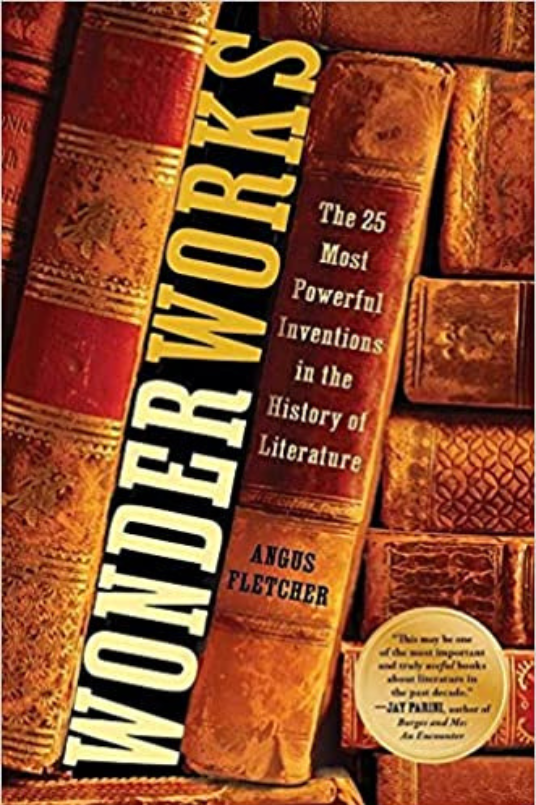The book goes deep into analyzing literature’s power and how it originated. It explores some of the best stories of history and breaks them down into their basic components.
So that we can understand how to use those components in our own stories while creating similar effects in the reader.
Flow: 4/5
Actionability: 5/5
Mindset: 5/5
Some of My Highlights:
“The first great power was narrative, or, more colloquially, story. Story connected events.”
“The second great power of literature was the stirring of emotion: love, wonder, faith.”
“By drawing on literature’s great power of story, these works answered existential doubts with narrative purpose.”
“…literature turned inward to grapple with the problem of surviving as ourselves.”
“The medicine men may have run out of unguents and potions; the heavens may have vanished or grown cold. But still, literature could fix hearts and lift souls.”
“Wonder is life through the eyes of a child.”
“The stretch is the invention at the root of all literary wonder: the marvel that comes from stretching regular objects into metaphors, the dazzle that comes from stretching regular rhythms of speech into poetic meters, and the awe that comes from stretching regular humans into heroes.”
“This neural feeling is why we can ‘lose ourselves’ in a book or film, forgetting our personal limits in horizons beyond.”
“But Aristotle notices that unhealthy fear can build up in our brain when we suffer trauma.”
“Catharsis is an old doctorly term for purging something unhealthy.”
“This is a highly intricate structure for a story. It requires the storyteller to construct a way for trauma to strike a character without the character realizing it…”
“…when we experience our ability to assist others through their trauma, we increase our belief in our ability to cope with trauma ourselves.”
“But then was build the Ilia. And its builder revealed that the God Voice could do the opposite of trading us down with fear. It could lift us up with courage.”
“Any and all self-disclosures can be a source of love. But some self-disclosures have greater potency than others.”
“And so it was that our ancestors invented an ancient tool for improving our powers of empathy. That ancient tool was: the apology.”
“An apology is an acknowledgment of blame and an expression of regret.”
“True philosophers train for death with their philosophy.”
